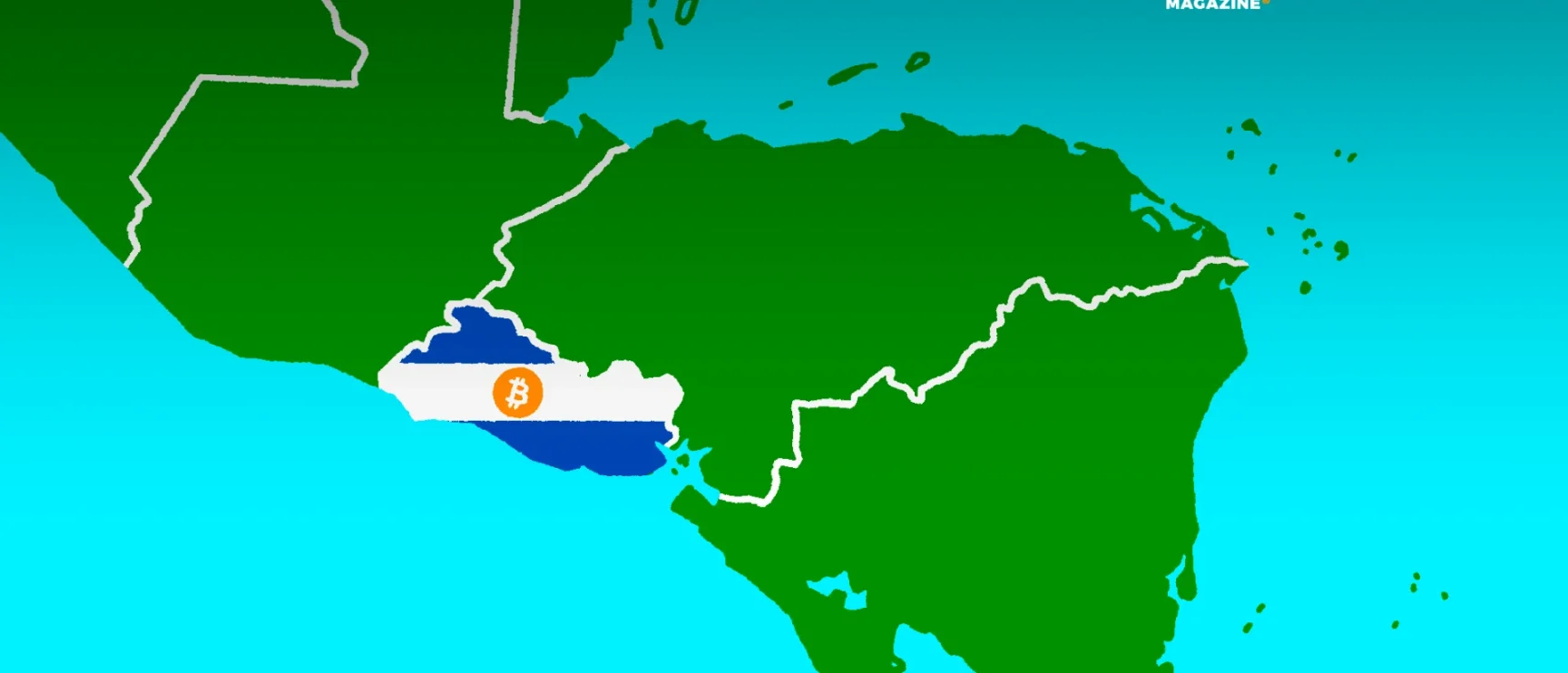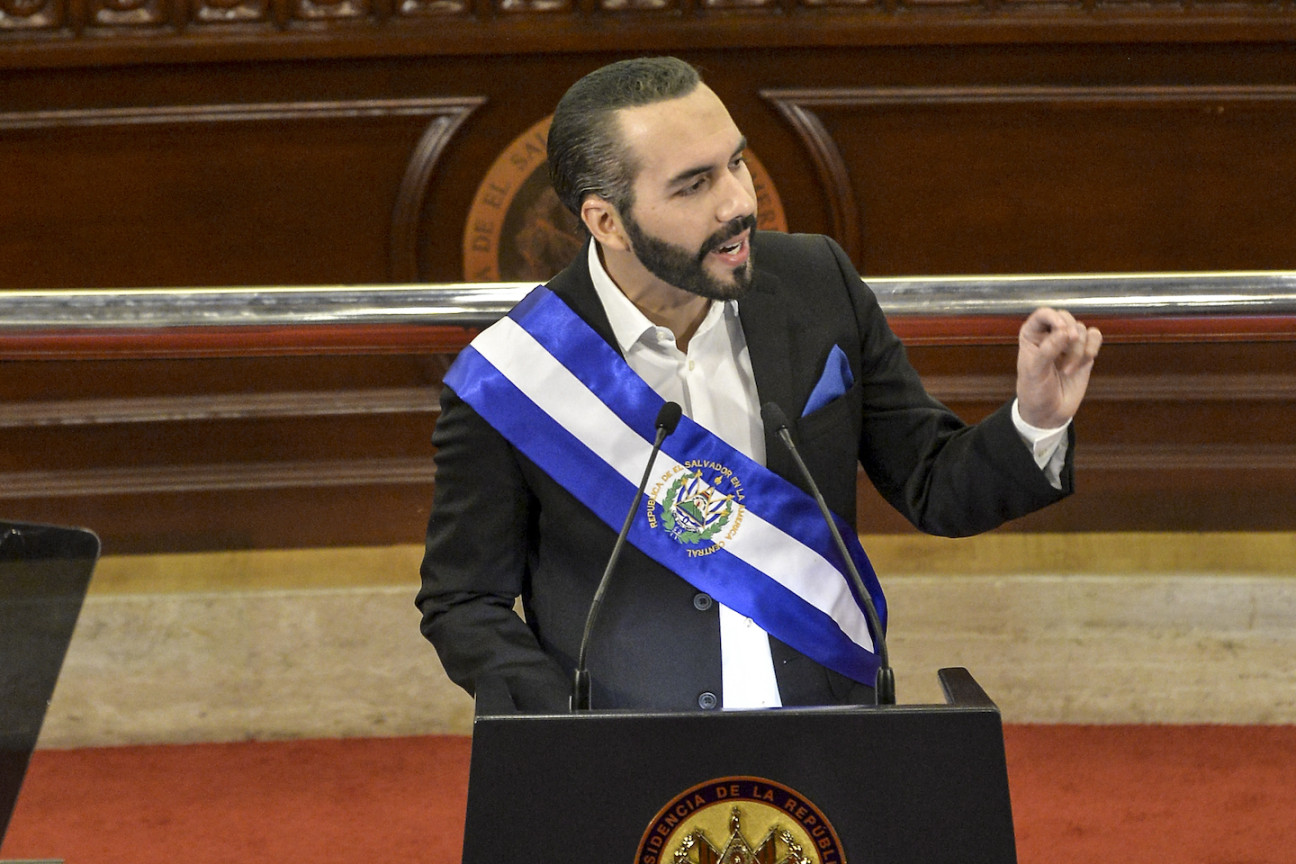Under the bold political reforms, can El Salvador, which embraces Bitcoin, replicate Singapore’s successful path?
Can El Salvador, embracing Bitcoin, replicate Singapore's success through bold political reforms?Author: Ed Juline
In the history of world development, few stories are as remarkable as Singapore, a small city-state that has “moved from the third world to the first world” in just a few decades. The strategic vision of the founding father, Lee Kuan Yew, combined with the country’s commitment to a sound business environment, education, and strict anti-corruption measures, have contributed to this extraordinary transformation.
Today, El Salvador is another country that is striving to cope with significant political and economic changes. It can be said that El Salvador is on a parallel path. Its recent political developments, especially the bold move of adopting Bitcoin as legal tender under the leadership of President Nayib Bukele, could change the rules of the game and bring immeasurable risks. This article compares and analyzes the political transformations of Singapore and El Salvador, with a particular focus on the potential impact of Bitcoin on El Salvador.
- Comprehensive Analysis of Bitcoin ETF
- Exclusive Interview with Yuga Labs We are more like Tencent of Web3, constantly changing the rules of NFT games
- Binance Labs Five Key Points to Help You Achieve Product-Market Fit
When Singapore gained independence in 1965, it faced major challenges, including a lack of natural resources, ethnic tensions, and capital scarcity. The People’s Action Party led by Lee Kuan Yew played a crucial role in shaping Singapore’s development trajectory, transforming this small city-state into an economic powerhouse through pragmatic economic policies, stringent anti-corruption measures, and investment in public education.
An export-oriented industrialization policy was the cornerstone of Singapore’s strategy. It attracted multinational corporations and made the country an important node in the global trade network. Singapore also established the Economic Development Board (EDB), which is responsible for attracting and promoting foreign investment to drive industrialization and create employment opportunities.
Singapore adopts a zero-tolerance policy towards corruption to create a transparent and efficient business environment. At the same time, it has built a strong education system aimed at equipping citizens with the skills needed to thrive in a knowledge-based economy.
In El Salvador, significant changes have taken place in the country’s political landscape with the election of Nayib Bukele as president in 2019. Bukele is known for his leadership charisma and bold policies, with his governance goals primarily focused on breaking the status quo through technological innovation and eradicating corruption.
One of the most revolutionary measures of the Bukele government is the adoption of Bitcoin as legal tender, making El Salvador the first country to do so. This decision is seen as an innovative move to attract foreign investment, promote economic growth, and enhance financial inclusion for the unbanked population in the country.
In a country where over 70% of the population lacks access to traditional banking services, Bitcoin could unleash economic opportunities. By simplifying remittances (an important component of the country’s GDP), Bitcoin can help streamline the transfer of funds from abroad to the country and reduce the costs associated with such transactions.
However, adopting Bitcoin is not without risks. The volatility of Bitcoin’s value can lead to financial instability, and critics argue that if the adoption of Bitcoin favors those with technological literacy while leaving those who cannot access or understand digital currencies at a disadvantage, it could further exacerbate economic inequality.
There are some similarities in the political trajectories of Singapore and El Salvador, particularly in terms of leaders’ focus on economic growth, anti-corruption efforts, and openness to unconventional policies. However, they face different backgrounds and challenges. Singapore has a relatively peaceful socio-political climate, which has played a crucial role in its transformation process. On the other hand, El Salvador faces issues of high crime rates and political instability, making its development trajectory more complex.
Singapore’s experience has demonstrated the importance of creating a favorable business environment, having a strong and clean government, and investing heavily in education. Adopting these strategies can benefit El Salvador, especially in promoting the adoption of Bitcoin.
The decision to make Bitcoin a legal tender is a bold move, contrasting with Singapore’s adventurous and open attitude towards economic progress. However, in order to fully harness the potential advantages of Bitcoin, El Salvador needs to ensure widespread access to technology, digital literacy, and regulatory transparency.
Despite the differences in political and socio-economic backgrounds between Singapore and El Salvador, Singapore’s success story provides valuable lessons. Anti-corruption measures, an open and regulated business environment, and investment in human capital are key measures for any country aspiring to transition from the Third World to the First World.
El Salvador’s Bitcoin experiment is a high-risk gamble that could bring significant economic growth and improved financial inclusivity. However, it also needs to address the risks associated with cryptocurrency to ensure it does not exacerbate inequality or financial instability. As the world watches this interesting experiment unfold, El Salvador’s approach serves as a reminder that the path from the Third World to the First World is often unknown and requires boldness, innovation, and a steadfast commitment to equitable development.
We will continue to update Blocking; if you have any questions or suggestions, please contact us!
Was this article helpful?
93 out of 132 found this helpful
Related articles
- Permissionless II Bear Market Conference Explores Opportunities in the Cryptocurrency Field
- What is a forked token?
- Exclusive Interview with MetaMask How does Snaps Disrupt MetaMask’s Ecological Interaction?
- Unveiling How ‘magical’ is the Indian cryptocurrency market that caused Coinbase to fail
- Data Cryptocurrency’s significant volatility triggers a liquidation loss of $256 million.
- Analyzing 4 Potential Narrative Directions in the Future Cryptocurrency Market
- Long Push Analyzing the 4 Potential Narrative Directions of the Future Cryptocurrency Market






